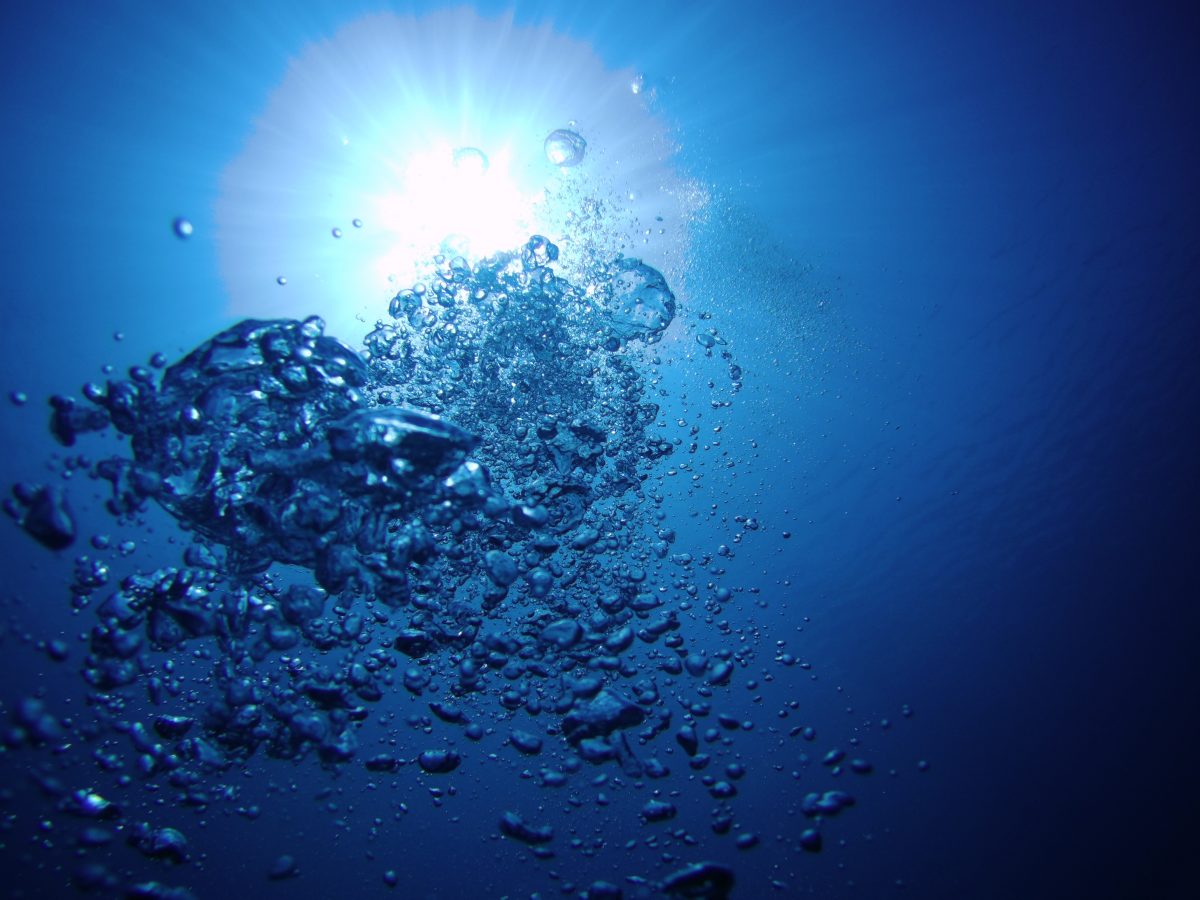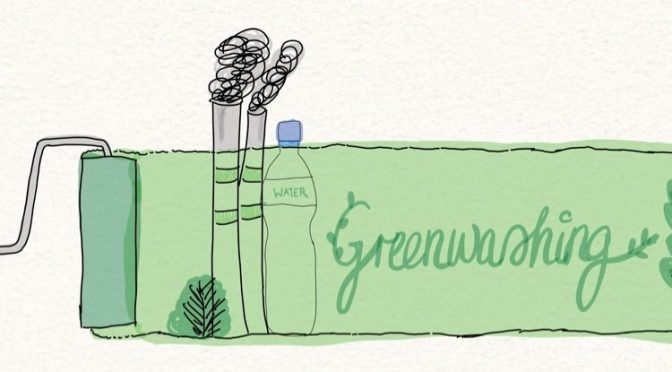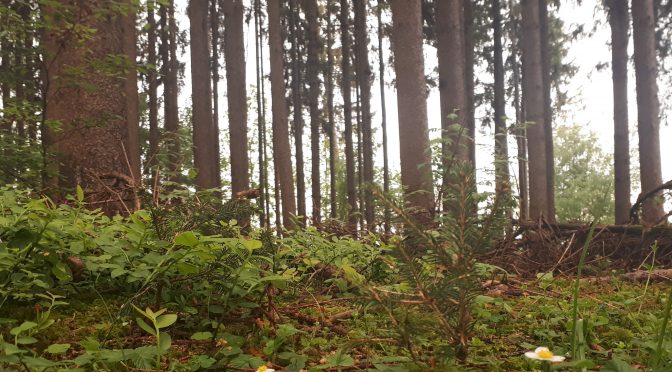Endorphin-rush is guaranteed
Spit in your goggles, one last check if the air is flowing, confirm with your buddy and jump right in. Let the cold water enter your soul, taste the salty water on your lips, feel the pressure surrounding your body. If your buddy and you are ready – the adventure may begin.
You start to go down and the deep blue finally surrounds you, feeling weightless. It’s a completely different world you need to get used to. Weird noises – where do they come from? You try to touch the rock in front of you but completely miss him. Is the fish red, orange or yellow, or might it even be just brown? Humans are used to be surrounded by air. The behavior of light, sounds and movements is normal. But being surrounded by water: it is like being a child again, that needs to learn everything from scratch.
The new and unknown world
Breathtaking views, unique encounters with unfamiliar animals, a rush of adrenalin, getting in touch with nature on a new level, exploring sunken secrets, finding hidden treasures – who knows what’s behind the next rock or after the next wave. The sea is a place of innumerable astonishing, wild, raw and of inestimable value moments, which actually can’t be described in a few words. It simply has to be experienced. Where to go? The lake around the corner? Or how about a freezing cold lake in the alps? Or maybe the Mediterranean Sea where you surely won’t meet any sharks? The cyan, aquatic, turquoise blue sea is filled with exotic fishes and beautiful coral reefs. Another option is to drive with a boat away from the shore, out to the big wide ocean, not being able to see the beach or any houses – out there awaits the most precious, awe-inspiring, unbelievably, once-in-a-lifetime moment: a rendezvous with whales.
DON’T EVER STOP BREATHING!
That is the most important rule for diving. Without having internalized that specific rule, diving won’t be possible. But there are also other things that need to be taken into account. Diving is not a sport or hobby that can simply be started out of a feeling or a mood. Certain things need be considered.
Respect, appreciation, decency and concinnity are mandatory and unavoidable traits of a diver. The new world needs to be valued and secured not polluted, destroyed or treated without careful consideration. Just as important and fundamental is the proper education and qualification. A diving partner, so called buddy,is a crucial factor. Also, you may never go diving without the correct equipment, it is indispensable. (So, find a trustworthy, authentic and dependable diving-school or -club!) A sadly bitter aftertaste: none of it is super cheap.
But be sure of one fact: it is absolutely worth it, as it is an outrageous, unprecedented and pure happiness bringing experience, which will never be forgotten!
Author: Manja Klauschenz





 a screen all day every day. That’s right, your mother had a point when she told you to put your phone away. But relax
a screen all day every day. That’s right, your mother had a point when she told you to put your phone away. But relax